How Many Solar Panels To Run Air Conditioner?
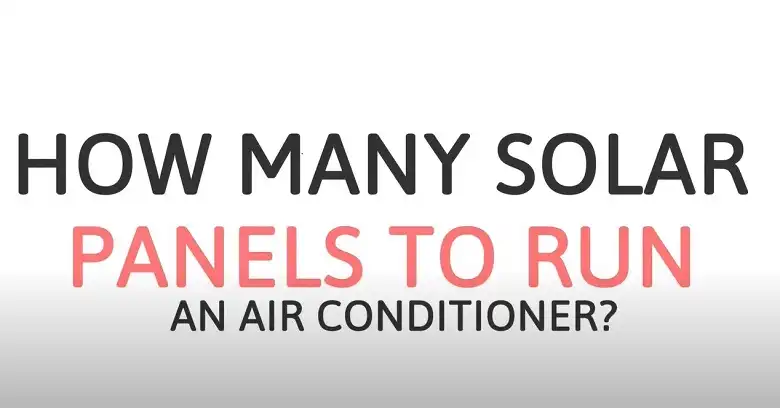
Powering an air conditioner with solar panels is an increasingly popular way to reduce energy costs and decrease carbon footprints. However, determining the number of solar panels needed to run an AC unit isn’t straightforward.
Multiple factors come into play, including the air conditioner’s size, power consumption, and efficiency ratings, as well as the solar panel system’s components and local climate conditions.
Understanding these variables is crucial for designing an effective solar-powered AC system that meets your cooling needs while maximizing energy efficiency and cost savings.
This article will break down the key considerations, provide calculation methods, and offer practical recommendations to help you determine how many solar panels you’ll need to keep your home cool using clean, renewable energy.
Solar Panels Needed To Run Air Conditioner
See the chart below that outlines the approximate air conditioner (AC) size in BTU, its equivalent wattage, and the estimated number of solar panels required to power it.
The number of solar panels is based on a standard 350W solar panel and assumes ideal conditions (e.g., direct sunlight for about 5 hours per day).
| AC Size (BTU) | Wattage | Number of Solar Panels (350W each) |
| 5,000 BTU | 500W | 2 |
| 8,000 BTU | 800W | 3 |
| 10,000 BTU | 1,000W | 3 |
| 12,000 BTU | 1,200W | 4 |
Notes:
Wattage Calculation: Approximate conversion is 1 BTU ≈ 0.1W (this can vary based on the efficiency of the AC unit).
Number of Panels: This is calculated by dividing the wattage by the panel output (350W). Adjustments may be needed based on local sunlight hours, panel efficiency, and AC efficiency.
Real-World Considerations: Factors like battery storage, inverter efficiency, and actual sunlight availability can influence the actual number of panels needed.
Factors to Consider
Before diving into calculations, it’s essential to understand the various factors that influence how many solar panels you’ll need to run your air conditioner. These considerations will help you make informed decisions about your solar setup.
Air Conditioner Specifications
The characteristics of your air conditioning unit play a crucial role in determining your solar panel requirements.
Size and Cooling Capacity
Air conditioners come in various sizes, typically measured in British Thermal Units (BTUs) or tons. A larger AC unit with higher cooling capacity will naturally require more power to operate. For example, a 5,000 BTU window unit will consume significantly less energy than a 15,000 BTU central air system.
Power Consumption
The power consumption of an air conditioner is usually measured in watts. This figure can vary widely depending on the unit’s size and efficiency. On average, you can expect a 5,000 BTU AC to use around 500 watts, while a 15,000 BTU unit might consume up to 1,500 watts.
Energy Efficiency Ratings
Modern air conditioners come with energy efficiency ratings that indicate how effectively they convert electricity into cooling power. The two main ratings to consider are:
Energy Efficiency Ratio (EER): This measures the AC’s efficiency at a specific outdoor temperature (usually 95°F). A higher EER indicates better efficiency.
Seasonal Energy Efficiency Ratio (SEER): This rating takes into account performance over a range of temperatures, providing a more comprehensive efficiency measure for seasonal use.
An AC unit with a higher efficiency rating will require less power to produce the same cooling effect, potentially reducing the number of solar panels needed.
Solar Panel System Components
A solar panel system consists of more than just the panels themselves. Understanding the other key components will help you plan a more effective setup.
Solar Panels
The core of your system, solar panels convert sunlight into electricity. They come in various wattages, with residential panels typically ranging from 250 to 400 watts each. The efficiency and quality of the panels will affect how many you need to power your AC.
Inverter
Since solar panels produce direct current (DC) electricity and your air conditioner runs on alternating current (AC), an inverter is necessary to convert the power. The inverter’s capacity should match or exceed the total wattage of the devices you plan to run, including your AC.
Battery (if applicable)
If you want to run your air conditioner when the sun isn’t shining or have a more consistent power supply, you’ll need to incorporate batteries into your system. The battery capacity will depend on how long you want to run your AC without solar input and the unit’s power consumption.
Climate and Location
Your geographical location and local climate conditions significantly impact solar panel performance and AC usage.
Peak Sun Hours
This refers to the number of hours per day when solar irradiance reaches an average of 1,000 watts per square meter. Areas with more peak sun hours will generate more solar energy, potentially reducing the number of panels needed.
Temperature Variations
Hotter climates will require more frequent and prolonged AC use, increasing overall energy demand. Conversely, cooler regions may need fewer panels to meet reduced cooling needs.
Calculating Solar Panel Requirements
Now that we’ve covered the key factors, let’s dive into how to calculate the number of solar panels you’ll need for your air conditioner.
Determining AC Power Usage
The first step is to accurately assess how much power your air conditioner consumes.
BTU Ratings and Corresponding Wattage
As a general rule, you can estimate an AC’s wattage by multiplying its BTU rating by 0.1. For example, a 10,000 BTU unit would use approximately 1,000 watts. However, always check the manufacturer’s specifications for the most accurate figures.
Running Time Considerations
Consider how many hours per day you typically run your AC. Multiply the wattage by the number of hours to get your daily energy consumption in watt-hours.
Solar Panel Sizing
Once you know your AC’s energy requirements, you can determine how many solar panels you need.
Wattage Calculations
Divide your daily AC energy consumption by the number of peak sun hours in your area. This gives you the minimum solar panel wattage required. For example, if your AC uses 8,000 watt-hours per day and you have 5 peak sun hours, you’d need at least 1,600 watts of solar panels.
Panel Efficiency Factors
Remember that solar panels don’t operate at 100% efficiency. Factors like shading, panel angle, and temperature can affect performance. It’s wise to add 20-25% to your calculated wattage to account for these variables.
Battery Considerations for Off-Grid Systems
If you’re planning an off-grid system or want to run your AC at night, you’ll need to factor in battery storage.
A good rule of thumb is to have at least 100 amp-hours of battery capacity per ton of AC cooling for each hour of anticipated run time without solar input. This ensures you have enough stored energy to keep your AC running when the sun isn’t shining.
Solar Panel Options and Recommendations
Choosing the right solar panel setup for your air conditioner depends on your specific needs and circumstances.
On-Grid vs. Off-Grid Systems
On-grid systems connect to the utility power grid, allowing you to draw electricity when your solar panels aren’t producing enough. These systems are simpler and often more cost-effective for running air conditioners, as they don’t require battery storage.
Off-grid systems operate independently of the power grid and require battery storage. While more complex and expensive, they offer energy independence and can be crucial in areas with unreliable grid power.
Recommended Panel Wattages for Different AC Sizes
As a general guideline:
- For a 5,000 BTU window AC: 600-800 watts of solar panels
- For a 10,000 BTU unit: 1,200-1,500 watts of solar panels
- For a 15,000 BTU central AC: 1,800-2,200 watts of solar panels
Remember, these are estimates and may vary based on your specific situation and energy needs.
Example: 200W Solar Panel for Smaller ACs
For smaller air conditioners, like a 100W window unit, a single 200W solar panel can often suffice. These panels are compact, efficient, and can be a great starting point for those new to solar power.
Final Words
Powering your air conditioner with solar panels is an effective way to reduce your carbon footprint and long-term energy costs. While determining the exact number of panels needed requires careful consideration of various factors, the process becomes manageable when broken down into steps.
By assessing your AC’s power requirements, understanding your local climate, and choosing the right system components, you can create an efficient solar-powered cooling solution for your home.
Frequently Asked Questions
1. How many solar panels does it take to run an air conditioner?
It typically takes around 10 to 12 solar panels to run a standard air conditioner, depending on the AC unit’s size and energy consumption as well as the efficiency of the solar panels.
2. How many solar panels to run an 8000 BTU air conditioner?
To run an 8000 BTU air conditioner, you would need approximately 8 to 10 solar panels, depending on the energy efficiency of the unit and the solar panels’ output.
3. Can I run AC off solar panels?
Yes, you can run an air conditioner off solar panels. However, the number of panels required will depend on the AC unit’s power consumption and the available sunlight in your location.
4. How many 12-volt batteries to run an air conditioner?
The number of 12-volt batteries needed to run an air conditioner depends on the AC unit’s wattage, the capacity of the batteries, and the desired run time. Typically, a large bank of batteries, possibly 8-12 or more, would be required for extended use.
5. Can a solar generator power a 5000 BTU air conditioner?
Yes, a solar generator can power a 5000 BTU air conditioner, but it must be a generator with sufficient capacity to handle the AC unit’s startup and running wattage, along with an adequate battery reserve to maintain power.

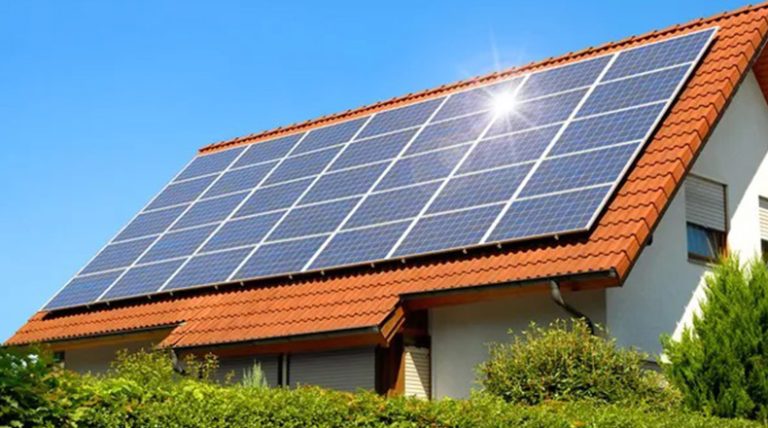
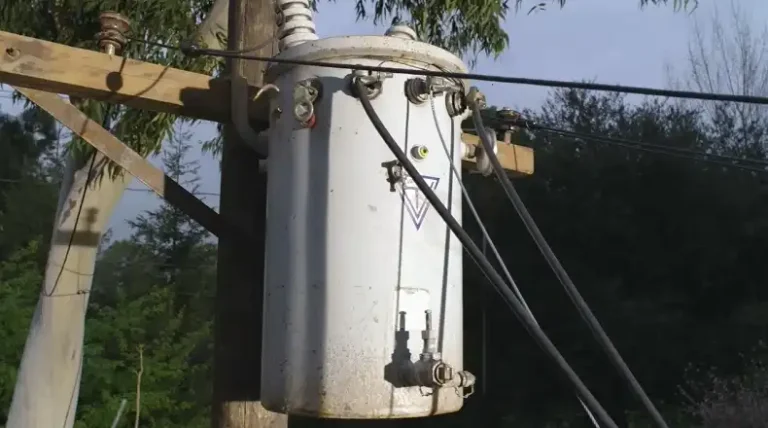
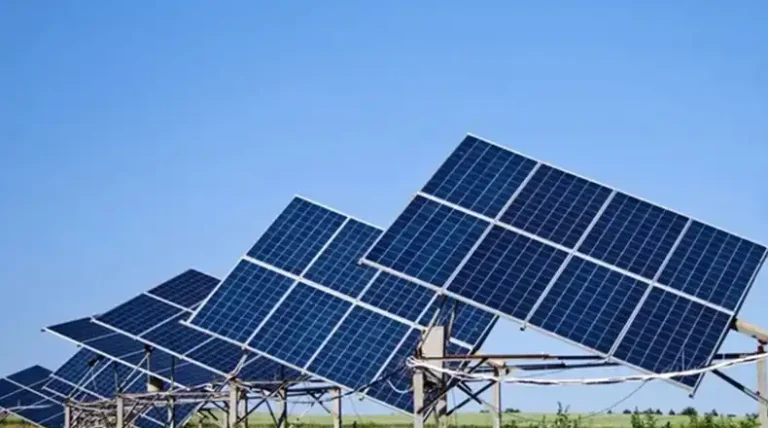
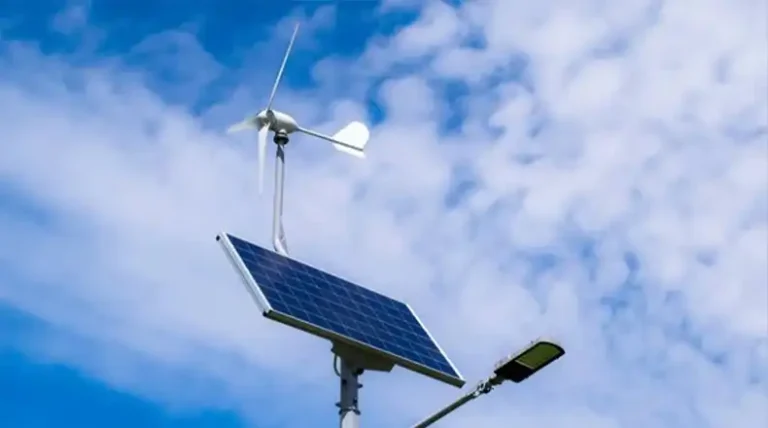
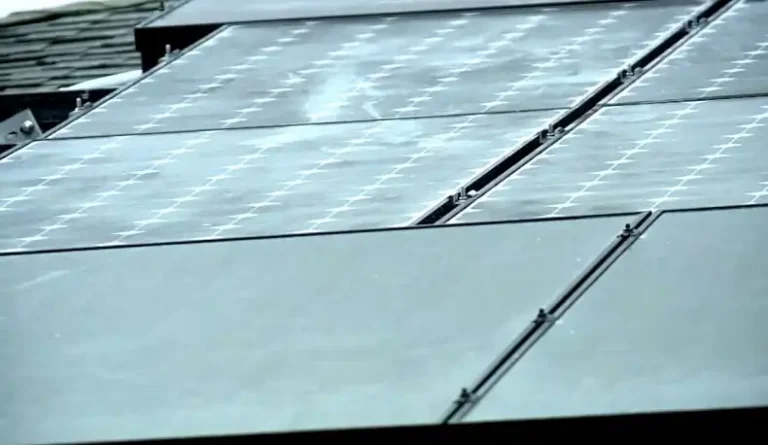
![[Answered] How Many Solar Panel Required To Charge 300ah Battery?](https://www.itekenergy.com/wp-content/uploads/2023/08/solar-panel-required-to-charge-300ah-battery-768x428.jpg)